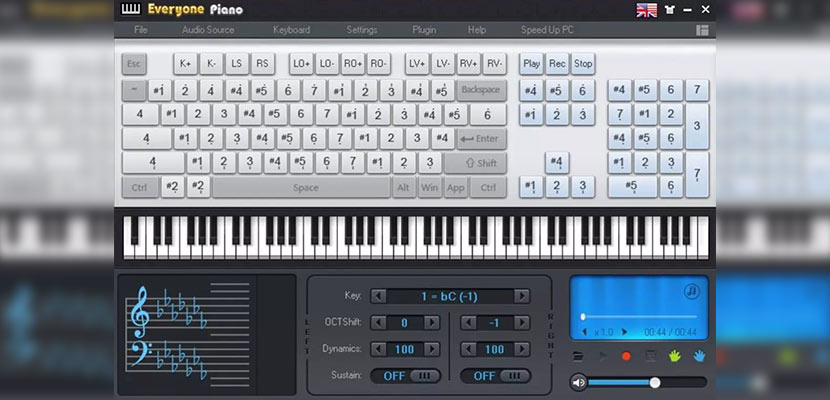
He paid for it in four installments between January and May, 1800. Jefferson, however, was "tempted" to the amount of $264 for Hawkins's five-and-a-half octave model. To early nineteenth-century eyes, accustomed to rectangular or wing-shaped keyboard instruments with horizontal stringing, the portable grand looked weird. The ingenious young man called his invention a portable grand because the closed instrument was small enough to look like "the under half of a book case" and could easily be moved anywhere by its handles. it has tempted me to engage one for Monticello, partly for it's excellence & convenience, partly to assist a very ingenious, modest & poor young man, who ought to make a fortune by his invention." " person here," he wrote to his daughter Martha Jefferson Randolph in February 1800, "has invented the prettiest improvement in the Forte piano I have ever seen.

Jefferson, an inveterate tinkerer and lover of gadgets and novelties, saw this new musical creation and could not resist it. Its importance to piano building lay in the fact that it was one of the earliest attempts to build an upright piano with perpendicular stringing and a metal frame. In 1800, he patented his famous, or infamous, little upright piano, which he called a " portable grand." The piano was musically worthless. At one time, he had the prospect of "making money by selling Patent rights for improving Rum & whiskey." Charles Willson Peale, a mutual friend of Jefferson and Hawkins, was sure that the latter's "engenious Mechanical powers will be of great advantage to America if we can keep him." Īlthough Hawkins was not primarily a maker of musical instruments, his gift for mechanical experimentation had led him to try piano building. He had a great natural gift for mechanics and had invented, or modified, a number of objects, among them a polygraph and a physiognotrace. He had musical talent, had had some musical training, and even composed a little. Hawkins, born in England, had turned his hand to a little of everything - he had been a civil engineer, a poet, a preacher, and a phrenologist.


Thomas Jefferson and John Isaac Hawkins of Philadelphia became involved with each other over a piano and exchanged several lively and interesting letters on the piano and other subjects over a period of years.


 0 kommentar(er)
0 kommentar(er)
